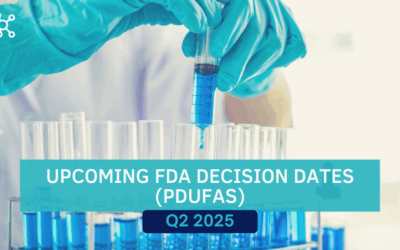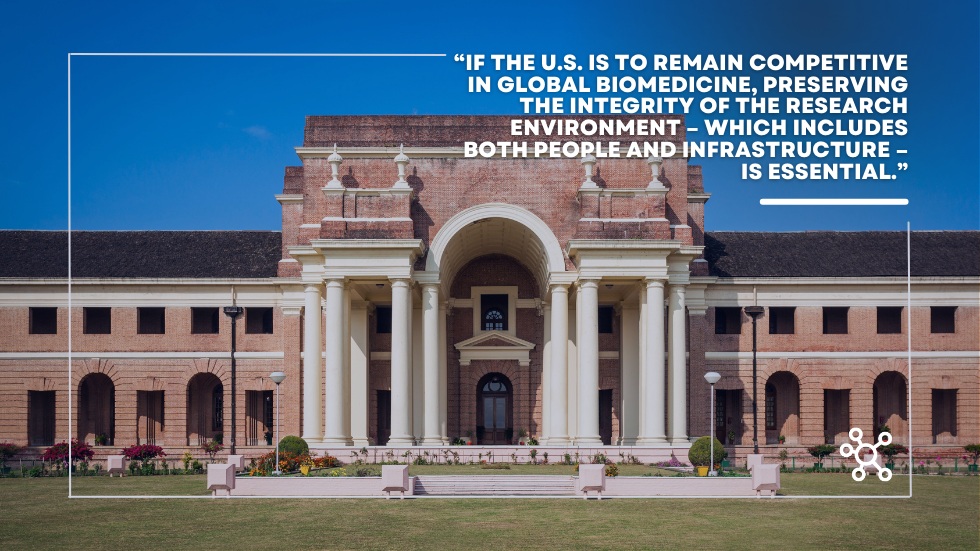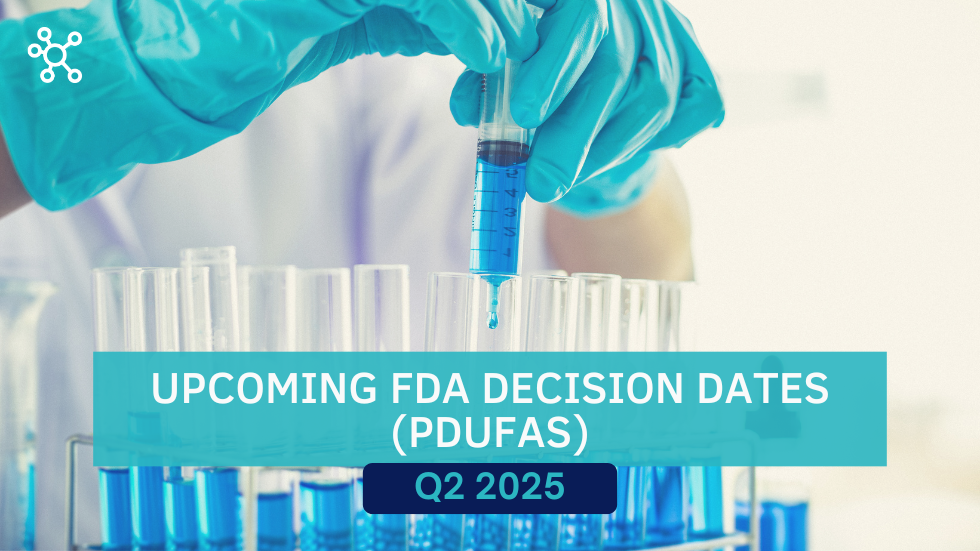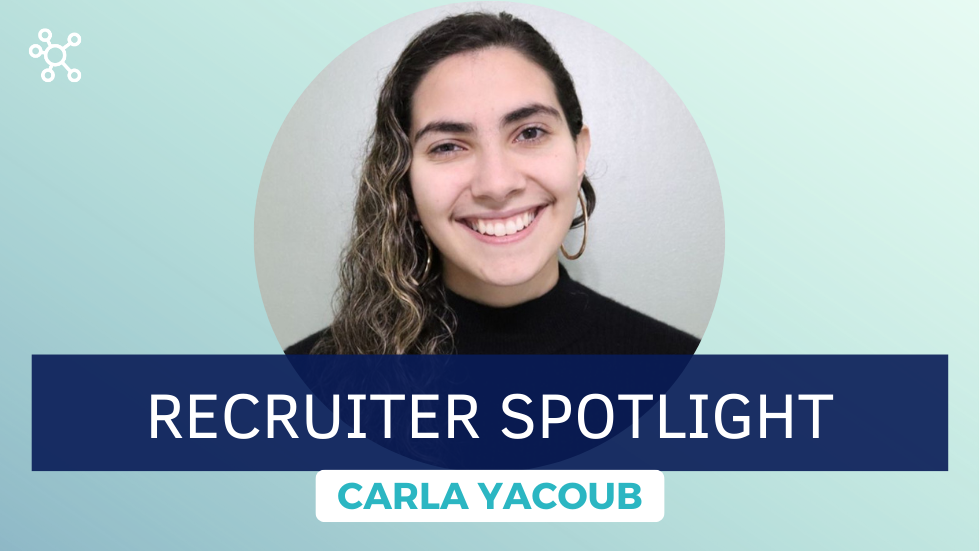Author: Tara Smylie
Ah, ChatGPT. These days, you can hardly walk ten feet without hearing about it. How will it help our species? Whose jobs will it eradicate? Who owns the rights to what it produces? As of right now, no one has a concrete answer to any of those questions. But there’s one thing we do know: ChatGPT won’t soon replace any job involving in-depth analysis or critical thinking.
As a life science employer, you’re probably wondering how the software will affect your current employees, as well as how you recruit new ones. Below, we’ve provided some basic info on the software, and what it means for science-based industries.
The Burning Question… What is ChatGPT?
As you probably know, the world of AI is abuzz with talk of this new chatbot, which can have high-level conversations about most any topic under the sun. Perhaps most excitingly, it can help its human users generate ideas, flesh out research, and identify gaps in their logic.
Indeed, there are many exciting potential applications of ChatGPT in the life sciences. The chatbot can be used to analyze patient data, suggest and compare effective treatment plans, identify potential new treatment recipients, and anticipate the properties of new compounds – to name just a few potential applications.
Limitations of the Software
You’ve probably also heard that the chatbot isn’t foolproof – at least, not yet. Indeed, ChatGPT can be overly technical, beside the point, or just plain wrong in its answers to user inputs. In a scientific/pharmaceutical context, these errors can have serious consequences. As such, at the time of writing, we do still need human beings to oversee and edit the work of our trusty AI helpers.
The Life Science Job Market
It’s undeniable: this new AI chatbot is capable of performing many STEM-based tasks. For example, it has a high ability to execute classic data analysis tasks such as creating code that can analyze large amounts of information, create “dummy data” to test algorithms, and develop data analysis training modules. However, it is still not a “big picture thinker” or a problem solver. Good news: we still need humans for larger and more complex tasks!
What Does it Mean for Hiring Processes?
It’s true – ChatGPT can likely be helpful as a part of the recruiting process. However, as with all other fields, its applications are presently limited to more straightforward tasks, such as writing job descriptions and screening for particular qualifications or experience. ChatGPT can now handle the more menial tasks associated with recruitment – which leaves actual recruiting teams with more time to focus on screening, interviewing, and sussing out standout applicants from the mix.
ChatGPT certainly can’t mimic one of the most crucial recruitment skills, either: a big-picture perspective on which employees will excel in which jobs. A good recruiter can also identify the most attractive elements of a job or company and pitch them to potential employees – an ability that ChatGPT does not currently have, and isn’t likely to develop anytime soon.
If you’re an employer wondering if you should use AI in your own recruiting process, consider why you’d be using it. If you’re looking to make your basic search process more efficient – absolutely ChatGPT is one of many ways you can make that happen. But if you’re looking for all the benefits of an actual recruiter, don’t expect a robot to provide that for you! A little bit of investment in a human team to help you find your perfect match can pay off in spades.
A Handy Little Helper
ChatGPT is an exciting new development in the world of AI with the potential to revolutionize the recruitment landscape. At this point in time, though, it’s more of a “convenient assistant” than a full-blown problem-solver. When you’re looking to tackle a complex task, you’re still going to require a human (or team of humans) to help you with it. If you’re looking for some particularly on-the-ball humans to join your team, Sci.bio’s recruitment team can help you find them.
References:






